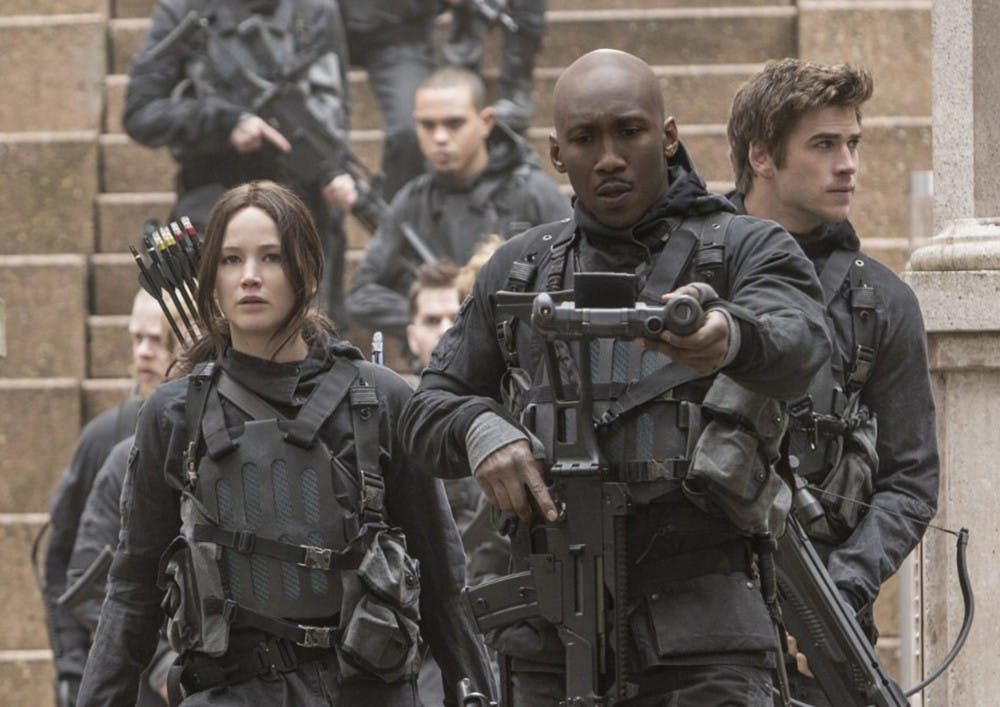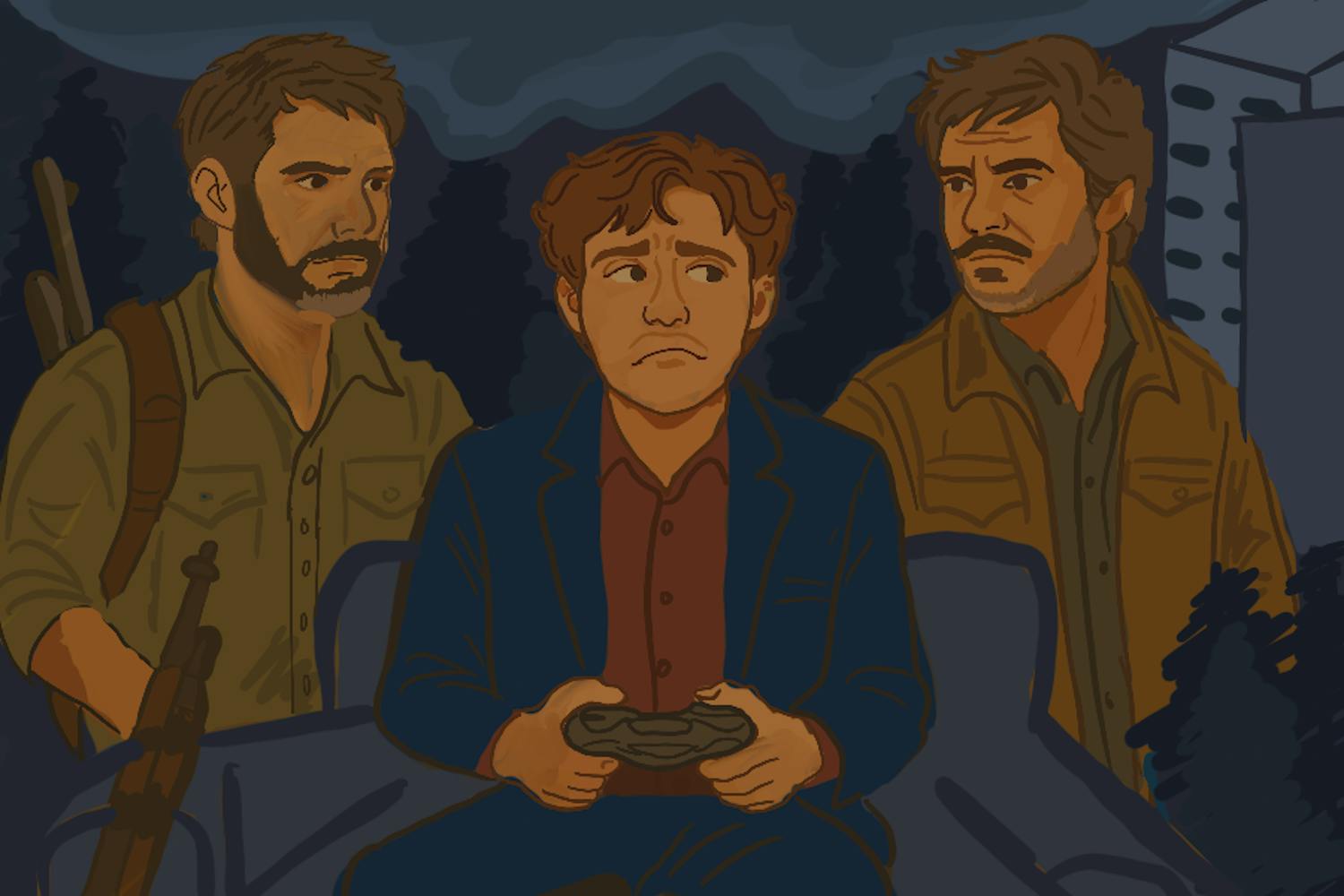“The Hunger Games: Mockingjay -- Part 2” marks the climatic end of the young adult series that came to fruition in 2008 with Suzanne Collins young-adult novel “The Hunger Games.” Unfortunately, the fourth installment of the series ends up more like its partner “Mockingjay -- Part 1” than the high standard set by “Catching Fire.”
The largest problem that “Mockingjay -- Part 2” faces is adapting the tonally tricky and narratively messy “Mockingjay” novel, which is far and away the weakest in the series. By leaving most of the exposition in the first “Mockingjay” film everything was set-up for an epic, loud finale a la "Harry Potter and the Deathly Hallows -- Part 2." What “Mockingjay -- Part 2” ends up offering is a fascinating parable to modern warfare and propaganda and an incredible lead performance by Jennifer Lawrence, but ultimately a lame action movie with a trite, forced love triangle.
After the rediscovery of District 13 and the Quarter Quell, Panem falls into a revolutionary war lead by District 13 President, Alma Coin (Julianne Moore). Heroine Katniss Everdeen (Jennifer Lawrence) leads the revolution as a distant figurehead that serves more as a poster child for the revolution than a war hero. Katniss is sent on a mission to fight alongside an elite group of warriors, including childhood friend Gail (Liam Hemsworth), a brainwashed Peeta (Josh Hutcherson) and tributes Finnick (Sam Claflin) and Haymitch (Woody Harrelson), to aid the revolution. However, when push comes to shove, Katniss has her own intentions.
The entire “Hunger Games” franchise couldn’t exist without Jennifer Lawrence’s powerhouse performances year after year. In fact, Lawrence as an actress and humanitarian evolved with Katniss just as Katniss evolved with Lawernce's maturity and capacity to become one of Hollywood's most fascinating leading ladies. Katniss becomes a voice for freedom while Lawrence stepped into the role of huge advocate for gender and pay equality. Katniss give Lawernce the chance to be ferocious, passionate and contradictorily docile and Lawrence further proves her versatility in this "Hunger Games" addition. Although the character’s motives seem muddled, Lawrence powers though with an authenticity that she lacked in the penultimate installment.
On the other hand, the supporting cast seemed to be growing bored with “The Hunger Game” series just like the audience, which is indicated by the decreasing box office. Hemsworth and Moore are both plastic and not very present whereas Hutcherson delivers his weakest performance of the series. The series has always been about Katniss' character, but the supporting casts plainness is most apparent in "Mockingjay -- Part 2," which proves another problem in four film trilogies.
Director Francis Lawrence really succeeds at drawing Collins’ commentary about modern war and translating this on the big screen. He explores how there is never a “good” side to war and how unperceptive war propaganda can be. The revolution led by District 13 films a lot of propaganda painting their cause as something other than what it is. Francis Lawrence is able to show his observations on the absence of mercy in war, but, ultimately, this thematic heft is left isolated when the rest of the film falls flat.
“Mockingjay -- Part 2” fails as a conclusive and powerful finale because of the distant approach that Collins took when characterizing Katniss as the Mockingjay. Katniss and her crew of warriors aren’t employed on the front lines — instead of being the pawns or knights in a game of chess they are the kings and queens. This leads to a bland and unexciting development. When “Mockingjay” finally becomes the steadfast action movie it should be, it peaks out too early and results in a disappointing third act that marks a definitive low point of the series.
Although many of “Mockingjay’s" problems can be accredited to the weak development and poor pay-off in the book series, the film left much more to be desired, especially since Jennifer Lawrence’s performance is so strong and the thematic heft is quite enticing. “Catching Fire” unfortunately set too high of a standard for the back half of the series which is compellingly dark but relies on the comfort of weak love triangles and happy endings rather than finishing strong.




